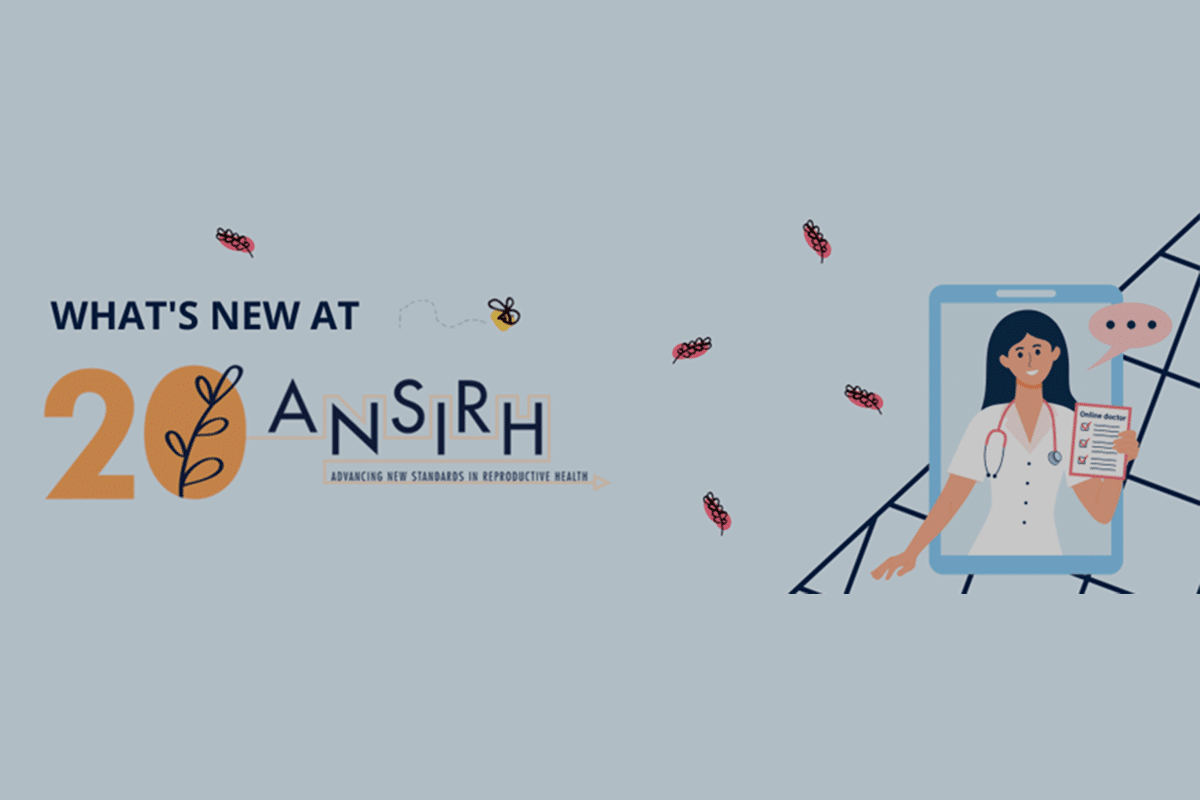
On 26 March, the Supreme Court heard oral arguments for the most important case on abortion since the Court overturned Roe v. Wade. Filed on behalf of anti-abortion organizations, Alliance for Hippocratic Medicine v. FDA aimed to roll back the Food & Drug Administration’s 2016 and 2021 decisions to modify its regulation of mifepristone use for medical abortion. ANSIRH experts were at the frontline defending the science and discuss the latest research on telehealth medication abortion on PBS NewsHour, and talking to CNN about how a ruling in favour of the anti-abortion groups could undermine the FDA’s authority.
A reversal of scientific progress would without a doubt impact access to medication abortion, effectively eliminating pharmacy dispensing of mifepristone, including by mail-order pharmacies, and telehealth care. In the lead-up to a decision from the Supreme Court, ANSIRH’s experts are making sure the Court and the general public know that the FDA’s decisions to expand access to mifepristone have been supported by ample scientific evidence. They’ve studied medication abortion with mail-order pharmacy dispensing of mifepristone, and their results showed it was effective, feasible, and acceptable to patients. Their latest research with more than 6,000 people who received abortion pills via mail from online clinics showed that it was safe, effective, and highly satisfactory for patients.
ANSIRH experts collaborated on an amicus brief with the Center on Reproductive Health, Law, and Policy at UCLA School of Law, which was submitted on behalf of over 300 leading reproductive health researchers and reviewed the evidence supporting the FDA’s changes to its regulation of mifepristone. Their brief urges the Court to not allow the politics of abortion to obscure the scientific record and harm public health. Concurrently, their researchers have led the charge in calling for journals to correct or retract faulty studies that have been used to justify anti-abortion policies and restrictions. Their efforts are clearly working: Sage Journals recently retracted three studies on abortion that were cited by anti-abortion plaintiffs in AHM v. FDA. “Failures of scientific integrity have no place in public health policy, and we’ll continue to push to correct the scientific record,” ANSIRH said.
According to the New York Times, Washington Post and Mother Jones, a majority of the Supreme Court, upon hearing the case on 26 March, “seemed inclined to reject the bid to limit access to abortion pills”. Indeed, in the brief 90 minutes of arguments, most of the justices seemed doubtful that the plaintiffs even had standing to bring the challenge, because they neither prescribed abortion pills nor regularly saw abortion patients. Some of the justices, including several among the anti-abortion majority, questioned whether the plaintiffs could show that they personally faced the moral harm they claimed to suffer due to the availability of mifepristone. Their case was based on the Food & Drug Administration policy of allowing women to obtain prescriptions for mifepristone by telemedicine and receive abortion pills in the mail, which has greatly increased the availability of abortion pills.
Lawyers for the government and for Danco Laboratories, a manufacturer of mifepristone, said the plaintiffs were “individuals who do not use this product, do not prescribe this product and have a conscience right not to treat anyone who has taken this product”.
Several justices questioned whether the Court should be altering Food & Drug Administration policy at all, which has never happened before.
Did the anti-abortion plaintiffs have legal standing to even bring this case? As doctors who oppose abortion, their claim is that they object to having to treat women who have taken abortion pills if those women come to emergency departments with medical complications. The counter-argument from the government was twofold: Medical complications from abortion pills are very rare. There’s not much likelihood doctors who oppose abortion would have to treat such patients — and if those doctors want to opt out, they can already do so under federal conscience protections,” wrote Pam Belluck, NY Times.
Many experts on regulatory policy and leaders in the pharmaceutical industry have said that a ruling against an FDA regulation could negatively affect the government’s role in regulating all drugs — and possibly in regulating anything. A lawyer for Danco said: “The FDA has many hundreds of pages of analysis in the record of what the scientific data [on mifepristone] show, and courts are just not in a position to parse through and second-guess that.”
It is likely to take several months for the Court to publish its ruling, but it’s crystal clear that this case needs to be rejected.
SOURCES: New York Times, 26 March 2024 + PHOTO by Maansi Srivastava/New York Times ; What’s New at ANSIRH, March 2024



